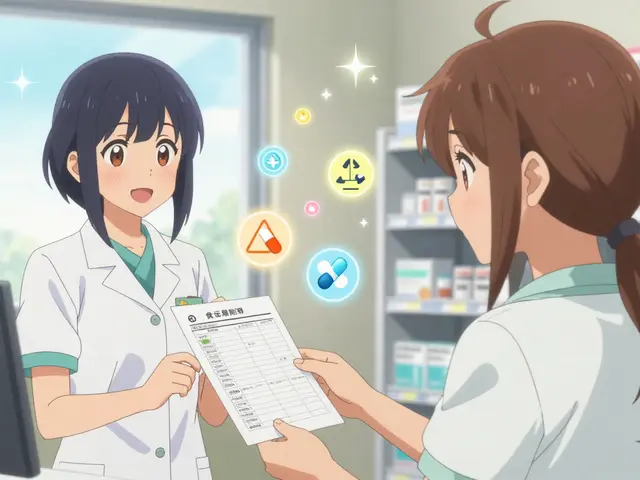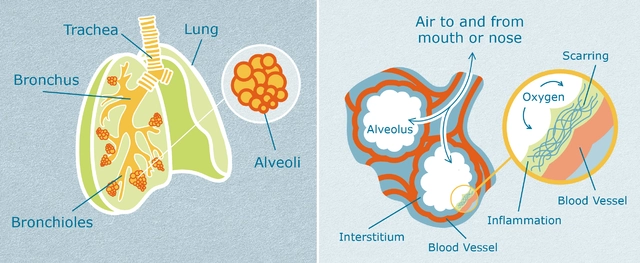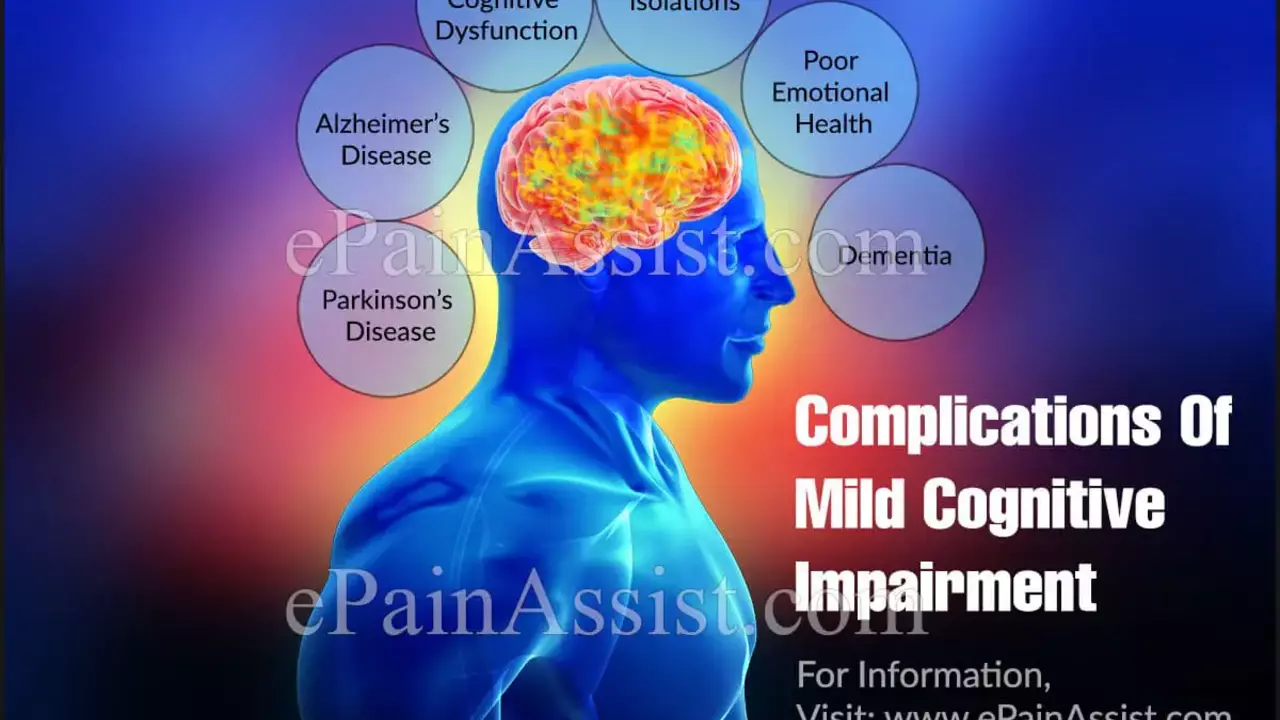Alzheimer's Disease: Signs, Risks, and What You Can Do
About 1 in 9 people over 65 has Alzheimer’s. It doesn’t start with dramatic collapse — it usually begins with small changes you or a loved one can catch early. Noticeable memory slip, trouble finding words, or getting lost on a familiar route are red flags worth checking out.
Alzheimer’s mixes brain changes, age, and genes. Age is the biggest factor — risk roughly doubles every five years after 65. Carrying the APOE-e4 gene ups risk too, but genes aren’t destiny. Lifestyle and medical care play a big role in how fast symptoms show up.
How Alzheimer’s and Stroke Are Connected
Stroke and Alzheimer-type dementia overlap more than most people think. A stroke damages blood flow and brain tissue; that damage speeds cognitive decline and makes Alzheimer’s symptoms worse. Controlling blood pressure, diabetes, and cholesterol helps reduce both stroke and dementia risk. If you’ve had even a small stroke, talk to your doctor about memory checks — catching problems early opens more options.
Vascular health matters. Simple things like keeping blood pressure in a healthy range, staying active, and quitting smoking protect both your heart and your brain. Studies and major reviews have found that managing vascular risks could prevent a large share of dementia cases, so these steps really add up.
Practical Steps: What To Do Right Now
If you worry about memory, start with a visit to your primary care doctor. They can run basic tests, review medications that might affect thinking, and refer you to a memory clinic if needed. Don’t ignore mood changes — depression or anxiety often shows up with memory problems and is treatable.
Daily habits make a difference. Aim for 150 minutes a week of moderate exercise, keep social contact, sleep well, and eat more vegetables, whole grains, and lean protein. Mental activity — learning a language, puzzles, or new skills — helps build brain reserve. These are low-risk, high-return choices anyone can start.
Medications exist to ease symptoms for some people. Drugs like donepezil or memantine can help with daily function for months to years in many patients, but they don’t cure the disease. New treatments and trials are active, so ask your doctor about current options and clinical studies if you’re interested.
Caregiving matters as much as medical care. Early planning — legal, financial, and care preferences — reduces stress later. Use local memory clinics, support groups, and community resources early; they help you make better decisions and feel less alone.
If you want practical reading from our site, check articles on the Alzheimer–stroke link and prevention tips. Start small: one healthy habit this week will beat worrying about what you can’t control.
Rivastigmine and Cognitive Training: A Winning Combination for Alzheimer's Disease?
In my latest exploration, I've delved into the promising potential combination of Rivastigmine and cognitive training for Alzheimer's disease. It appears that Rivastigmine, a drug traditionally used to alleviate Alzheimer's symptoms, may have its effectiveness significantly enhanced when paired with cognitive training. This training focuses on boosting the mental capabilities of patients, thereby potentially slowing the disease's progression. While more research is needed, the initial results are exciting and bring a ray of hope for those battling this devastating disease. It's truly fascinating how combining different strategies could potentially change the game in Alzheimer's treatment.
About
Health and Medicine
Latest Posts


Unexpected Side Effects from Generic Medications: When to Seek Help
By Marcel Kornblum Dec 16, 2025

How to Confirm Allergies and Interactions at Medication Pickup: A Step-by-Step Guide for Patients and Pharmacists
By Marcel Kornblum Jan 8, 2026

Navigating the Best Bactrim (Sulfamethoxazole and Trimethoprim) Deals and Insights
By Marcel Kornblum Jan 11, 2024

